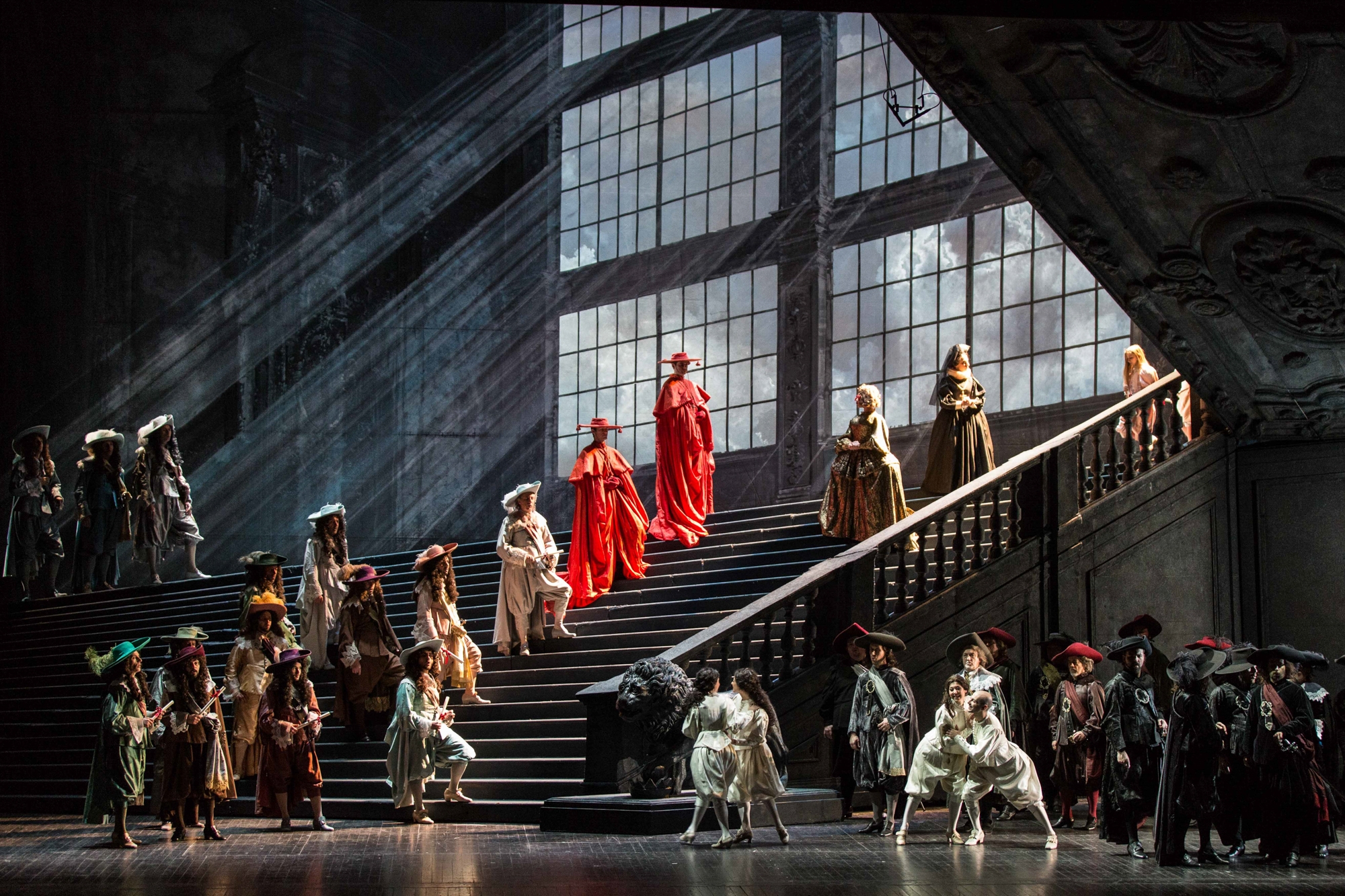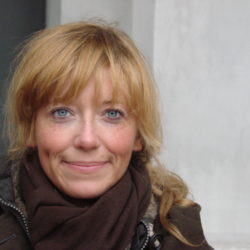
Alessia Santambrogio

MIFA 2021 Winner, 1st Place in Events (Professional) – “Tableaux Vivants“
The professional stage photographer was born in Monza, Italy, in 1981. Also a photographic-editorial archivist, she has built her artistic and professional education studying “Cultural Heritage Conservation” at University Ca’ Foscari in Venice and “Stage Photography” at Academy of La Scala Theatre in Milan. This is where her research into opera photography, a definitely niche genre, began. She collaborates with many Italian theaters and companies, productions and events. Her images have been part of multiple solo and group exhibitions, locally and internationally. In 2019 she became a Fiof ambassador of Italian photography in China. Her photographs have been awarded in prestigious national and international competitions, including Tokyo International Foto Awards and The Prix de la Photographie Paris. Considering the idea of memory very important, she also deals with photographic archives and the preservation and enhancement of photographic heritage.
Q: Do you remember the first time you held a camera?
I held my first camera when I was a child, about six years old. It was a Fisher-Price Kodak 110 Film (now it can be probably considered a “vintage” item) and I still remember I took my first picture photographing my cousin at a birthday party. The picture was definitely blurry, but I still remember it with pleasure. This is where I started from.
Q: Tell us a bit more about your winning project and what inspired you to do it?
My project was born in the theatre, or rather, in a series of theatres, it was inspired by those places and the music that was played there. The images of this project highlight the desire to use photography as an extension of painting, composing the photographs with a strong formal rigour within which each element is inscribed with harmony. This project aims to render the idea of an ‘ideal theatre’ in which Renaissance-style perspective and Baroque taste are predominant, bordering on cinema. The most important element is the search for a close, delicate and new relationship between the bodies of the actors, almost always present in large numbers on the stage, the space in which they move, the wide scenes and the colors as if they were in front of a real painting.
The methodology used is based on a coherent visualisation of the overall structure, through a “symbolic cage”, in which the scenes are represented. The shooting point is frontal, centralised, in front of which the actors’ movements flow. The capture of the scenes is characterised by a rigorous, classical style with a precise visual tone in which sharpness, highest depth of field, harmony and colour are the fundamental elements.
Q: What type of photos do you like to take in your free time?
In my free time I like taking pictures of urban architecture and practicing street-photography.
Q: What genre of photography is new to you that you would like to explore?
I would like to explore the Fine Art photography, which I find very fascinating.
Q: Besides a camera, what do you think are the three most important tools of a photographer?
Sensibility, intuition and great respect of whom/what I am photographing.
Q: How do you know when a body of work is completed?
This is a very hard question to answer. I think that, sometimes, a project could be endless because, even if the target has been reached, it is about a continuous, boundless research. Unfortunately, you need to learn to stop it some time.
Q: If it could be anything at all, what would your photography dream project be?
It is hard to say. The project, which I have already completed and made me receive this award, is already a dream project to me. Anyway, another project that I would like to create is to take pictures during a period piece movie production.
Q: If you could take one last photo in your life, what would it be?
A self-portrait with my family.
Q: Who/what is your biggest source of inspiration?
Opera, writings of great composers and painting of the Renaissance, as well as the atmosphere in a theatre, which is certainly unique.
Q: What advice would you give to aspiring photographers?
Never stop studying, working hard… and dreaming!
View Alessia Santambrogio’s winning work.